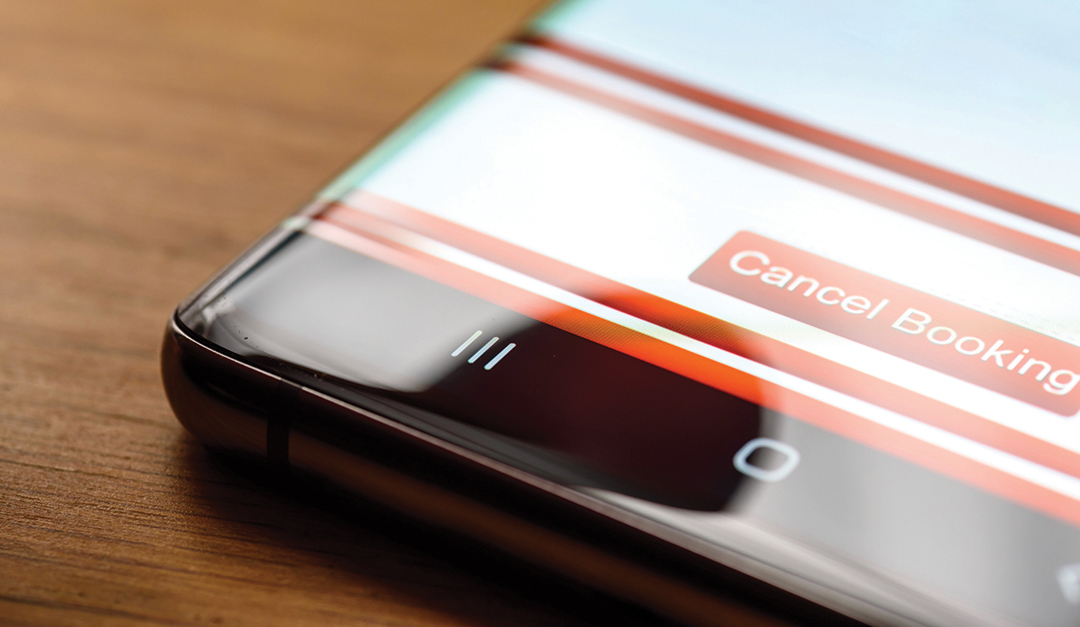The novel coronavirus (COVID-19) is a global pandemic that has altered many facets of human life in the past few months as countries take measures to contain the outbreak and protect the safety of their citizens. The travel industry has especially been affected as people are being forced to cancel or change their pre-existing travel plans, whether international or domestic, as more countries are being labeled high-risk areas for contracting the virus.
This has taken a toll on the short-term rental business, as short-term renters and hosts are working through solutions in response to coronavirus-related cancellations. Individuals who have created a small business out of offering their properties as short-term rentals are faced with the financial burden of offering a full refund for travelers who wish to cancel their stay due to the coronavirus. It is resulting in a substantial revenue loss for businesses that depend on the funds from renting out their properties to pay their mortgage and make other necessary payments, or as a source of passive income.
Using Airbnb or Vrbo for booking accommodations is typically a budget-friendly option for travelers, but these companies have their own unique cancellation policies that might differ from hotels or other mainstream options.
Airbnb provides the following coverage for COVID-19 under their extenuating circumstances policy (as of press time): “Reservations made on or before March 14, 2020 for stays and Airbnb Experiences, with a check-in date between March 14, 2020 and June 15, 2020, are covered by the policy and may be cancelled before check-in. Guests who cancel will have a variety of cancellation and refund options, and hosts can cancel without charge or impact to their Superhost status. Airbnb will either refund or issue travel credit that includes all service fees for covered cancellations. The host’s cancellation policy will apply as usual to reservations made after March 14, 2020, and to reservations made on or before March 14, 2020 with check-in dates after June 15, 2020.”
Reservations for stays or Airbnb Experiences that are made on or before March 14, 2020, with a check-in date after June 15, 2020, will not be covered under their extenuating circumstances policy, except if the guest or host has contracted COVID-19. Therefore, the host’s cancellation policy applies as usual.
Vrbo recommends that homeowners review their cancellation policy and “consider adopting a flexible or moderate policy for the time being,” and they encourage them to offer a full refund to travelers who cancel or delay their travel plans, although neither is required. Short-term renters are at the mercy of homeowners, who are also understandably worried about the costs to their business, regarding the content of their cancellation policy.
Whether you’re a short-term rental guest or a homeowner, it’s important to keep updated on the current cancellation policies of the organization through which you book a rental or rent out your space. In this time of uncertainty, the best thing we can do is be prepared for any possible scenario and make the best decision we can for the safety of ourselves and others.
 Desirée Patno is the CEO and president of Women in the Housing and Real Estate Ecosystem (NAWRB) and Desirée Patno Enterprises, Inc. (DPE), as well as chairwoman of NAWRB’s Diversity & Inclusion Leadership Council (NDILC). With 30 years of experience in housing, Patno is a champion for women’s economic growth and independence. In 2017, Entrepreneur.com named her the Highest-Ranking Woman and 4th Overall Top Real Estate Influencer to Follow. For more information, please visit www.nawrb.com.
Desirée Patno is the CEO and president of Women in the Housing and Real Estate Ecosystem (NAWRB) and Desirée Patno Enterprises, Inc. (DPE), as well as chairwoman of NAWRB’s Diversity & Inclusion Leadership Council (NDILC). With 30 years of experience in housing, Patno is a champion for women’s economic growth and independence. In 2017, Entrepreneur.com named her the Highest-Ranking Woman and 4th Overall Top Real Estate Influencer to Follow. For more information, please visit www.nawrb.com.











